Hatching addicts who have come across a rotten egg in their incubators never forget the smell. The odor is distinctive and unmistakable. Rancid does not begin to describe it. Why do incubated eggs go bad? Often, dirty eggs are the culprit. Bacteria from a dirty egg grows inside, turning the contents into a foul liquid, killing any embryo present. Gasses build up and generate pressure that may cause the egg to ooze or explode.
I rescued this egg from one of my fairweather broody hens, who had abandoned her nest after two weeks of sitting. The egg was no longer warm when I found it, which didn’t give me much hope for the embryo’s viability, but I placed it in my incubator hoping for the best a few days ago. Upon inspecting the eggs that had begun to hatch in the bator this morning, I immediately spotted the telltale, maple syrup-looking ooze that strikes fear into the heart of every hatcher. I knew what that innocent, honey-like substance signaled as I had seen it before. A stink bomb in danger of detonation. Must. Act. Quickly.
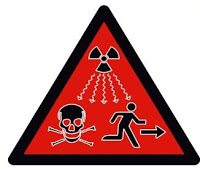
I took the egg out of the bator and placed it in two, zip-top bags and took it OUTSIDE. I’m just not a risk taker and the smell of a rotten egg is so pungent it could very well penetrate the confines of two sealed, plastic bags.
I always insist on knowing what lies within, so of course, I had to perform an eggtopsy (ie: crack that bad-boy open). My weapon of choice for this job is a heavy carving knife. I tap the blunt edge of the knife against the wide end of the egg (where the air sac would be) to crack it, being very careful not to puncture the bag. A nice, ripe egg will explode with balloon-like force and sound.
This egg, while rotten, did not explode. There was a well-advanced, decomposing embryo inside that, if given more time in the incubator, would have deteriorated further into greenish-black, liquified putresence. While I’m not ordinarily one to spare the photographic details of the graphic, I thought better of it this time. (you’re welcome)
When candling eggs, pay attention to any smell inside the bator to catch rotten eggs early. Bad eggs readily identify themselves and should be removed immediately.
Happy hatching!

Kathy Shea Mormino
Affectionately known internationally as The Chicken Chick®, Kathy Shea Mormino shares a fun-loving, informative style to raising backyard chickens. …Read on


shop my SPONSORS
Hatching addicts who have come across a rotten egg in their incubators never forget the smell. The odor is distinctive and unmistakable. Rancid does not begin to describe it. Why do incubated eggs go bad? Often, dirty eggs are the culprit. Bacteria from a dirty egg grows inside, turning the contents into a foul liquid, killing any embryo present. Gasses build up and generate pressure that may cause the egg to ooze or explode.
I rescued this egg from one of my fairweather broody hens, who had abandoned her nest after two weeks of sitting. The egg was no longer warm when I found it, which didn’t give me much hope for the embryo’s viability, but I placed it in my incubator hoping for the best a few days ago. Upon inspecting the eggs that had begun to hatch in the bator this morning, I immediately spotted the telltale, maple syrup-looking ooze that strikes fear into the heart of every hatcher. I knew what that innocent, honey-like substance signaled as I had seen it before. A stink bomb in danger of detonation. Must. Act. Quickly.

I took the egg out of the bator and placed it in two, zip-top bags and took it OUTSIDE. I’m just not a risk taker and the smell of a rotten egg is so pungent it could very well penetrate the confines of two sealed, plastic bags.
I always insist on knowing what lies within, so of course, I had to perform an eggtopsy (ie: crack that bad-boy open). My weapon of choice for this job is a heavy carving knife. I tap the blunt edge of the knife against the wide end of the egg (where the air sac would be) to crack it, being very careful not to puncture the bag. A nice, ripe egg will explode with balloon-like force and sound.
This egg, while rotten, did not explode. There was a well-advanced, decomposing embryo inside that, if given more time in the incubator, would have deteriorated further into greenish-black, liquified putresence. While I’m not ordinarily one to spare the photographic details of the graphic, I thought better of it this time. (you’re welcome)
When candling eggs, pay attention to any smell inside the bator to catch rotten eggs early. Bad eggs readily identify themselves and should be removed immediately.
Happy hatching!





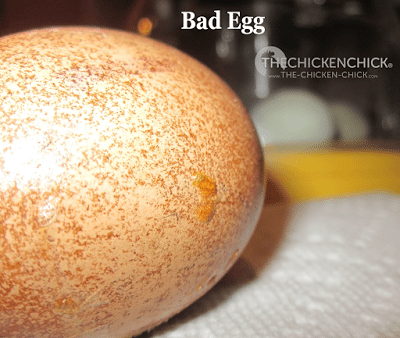
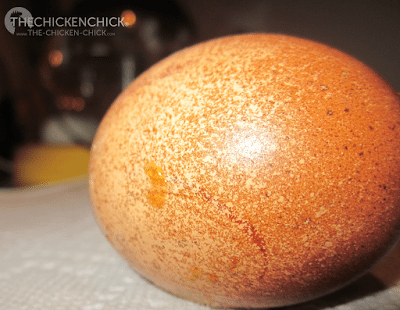









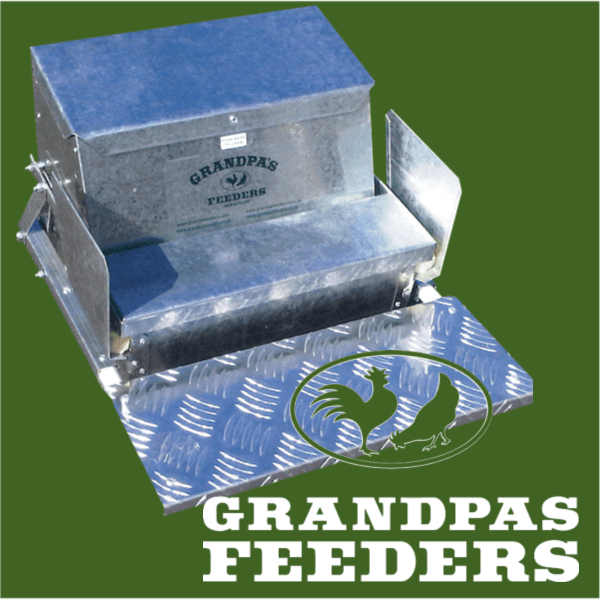


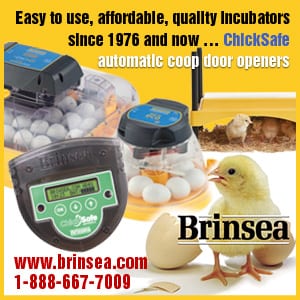






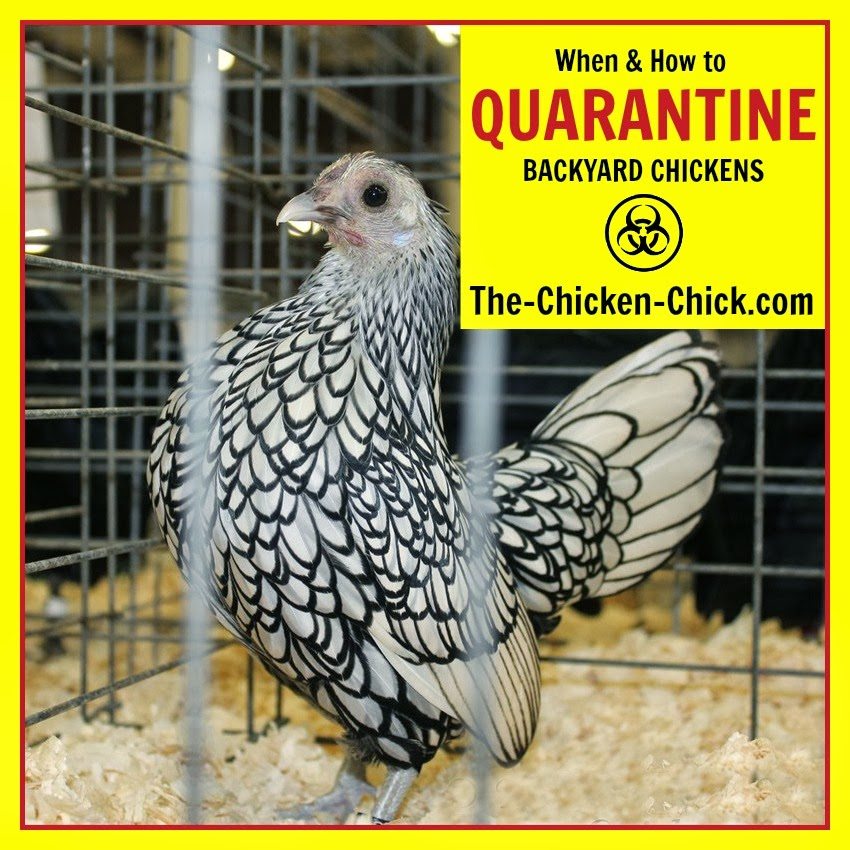













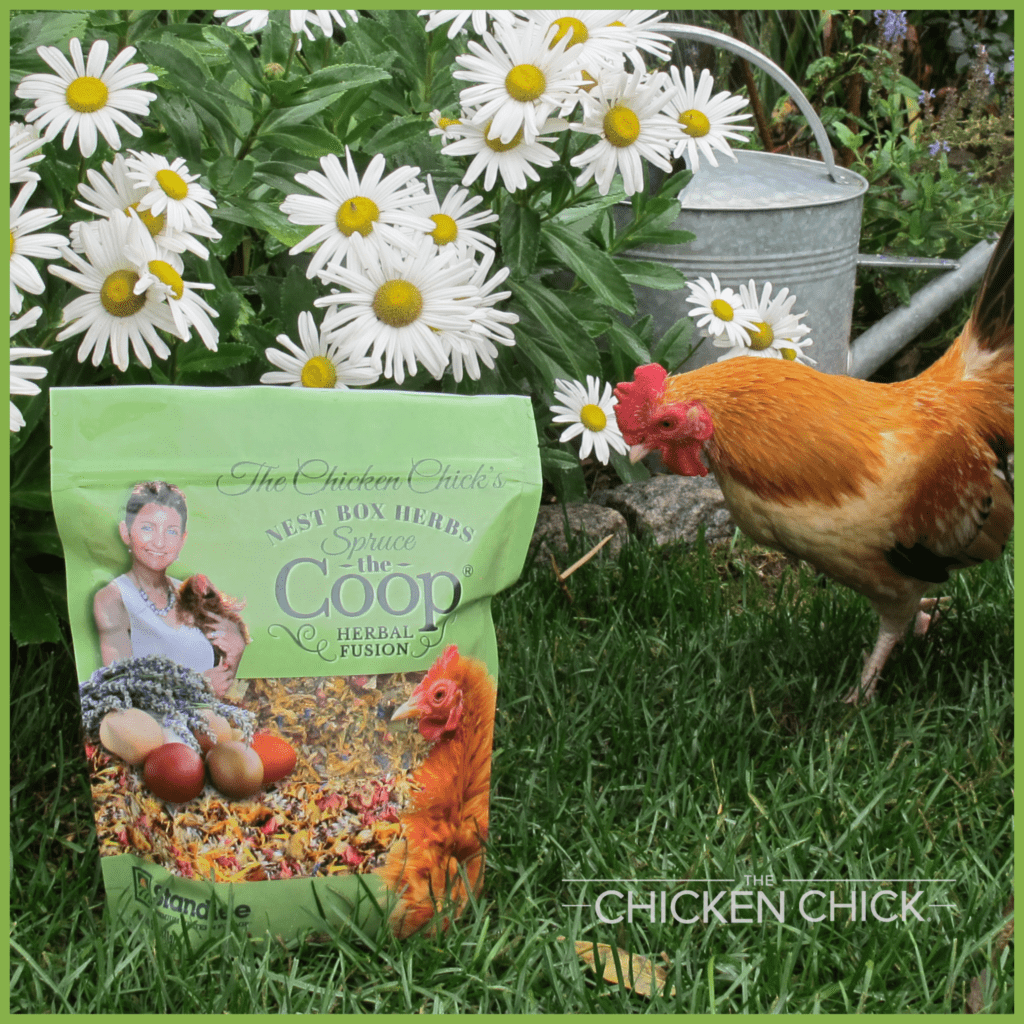

I am an addict and did recently come across one of these nasty smelling eggs, stunk up the whole bator. I love your blog:) Marilyn Alexander
Thank you, Marilyn! I'm glad you're following along. :)
That smell is unmistakable, isn't it? I cannot fathom the psychological harm done by one that has detonated!
Thank you for posting this, I am new to incubating and i can use all the help I can get. I have not encountered a bad egg yet, just some not hatching :( Thanks
KENSEY ELDER
Welcome to the addictive world of incubating, Kensey! :)
Well, I learned something today :) Didn't know about the innocent-looking oozing as a sign of a dangerous egg. I've not seen that but will sure be on the lookout. (New follower too). Thanks!
Hi Wendy!! Thanks for joining me on my blog!
It's also important to wear proper headgear when checking your bator for bad eggs. Safety first. ;)
Oh, and I'm a new follower!!!
That's great, thanks and welcome!!
This is very interesting! I would love to hatch my own chicks some day. But I wonder, if I can only have 8 hens, how many eggs do I hatch? (roosters not being allowed in my town) I don't have a problem with making them into food, but I still would have no idea. Someone gave me an incubator…so it is an option someday!
Thanks, rsalinardi. The answer to your question is: it depends. :) If your eggs are being shipped to you, I would recommend setting at least 32 eggs in hopes of ending up with 8 hens. A 50% hatch rate is considered good for mail-order eggs and you can gamble on half being roosters (maybe more, maybe less). If the eggs are local and fresh, you can probably get away with setting 16. Not all will be fertile and not all of the fertile ones will develop or hatch. If you have an incubator, I suggest that you consider moving to… Read more »